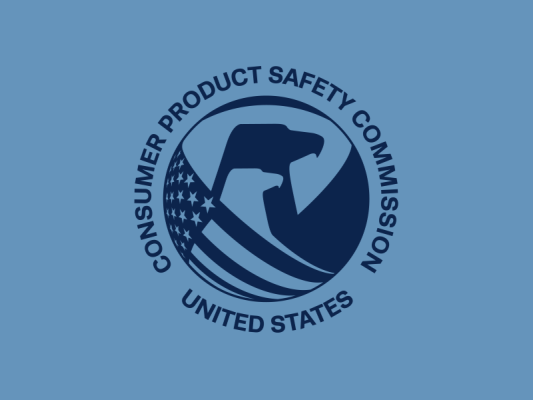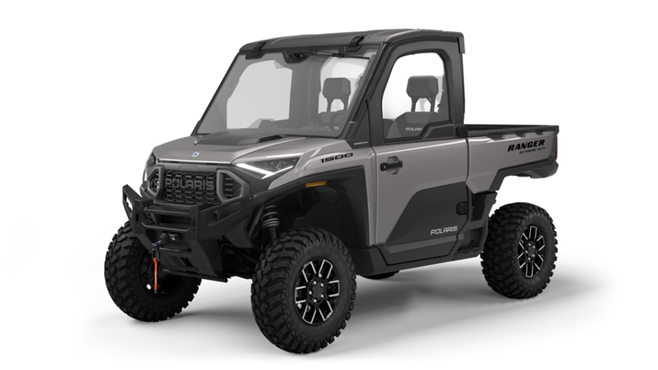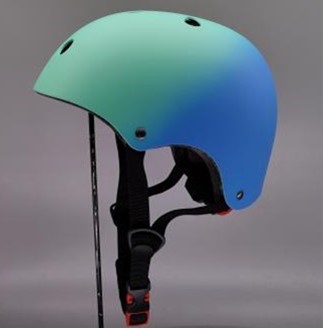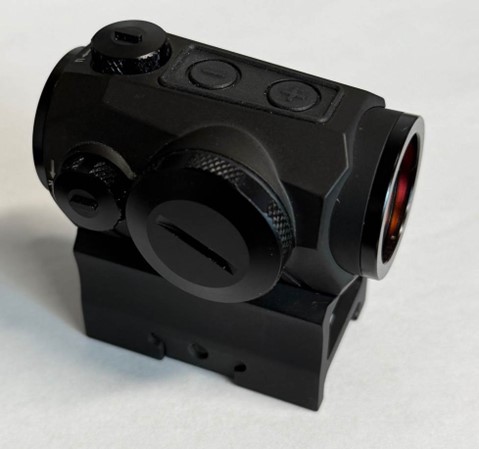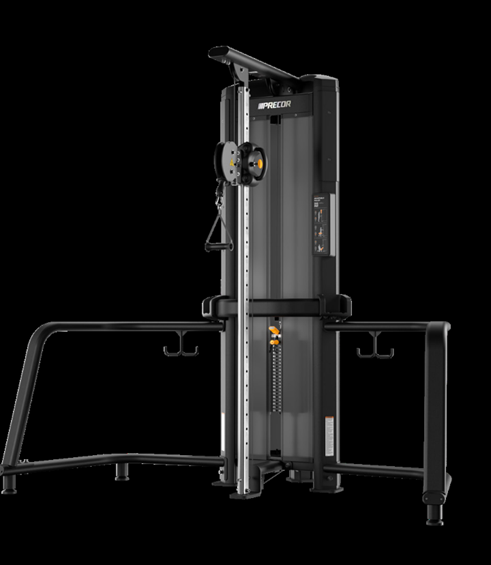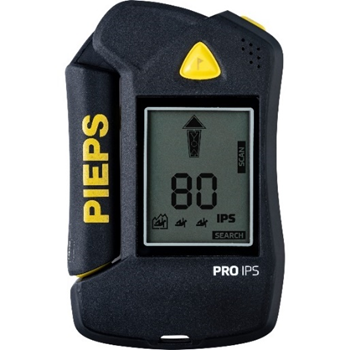The Commission alleges that the unguarded, rotating metal pitching arm can go off suddenly, without warning, and strike persons standing in the path of the arm. The Commission alleges that this has happened in numerous incidents even though the machines were unplugged or turned off.
Approximately 7,500
For further information, consumers may call CPSC's toll-free Hotline at 800-638-CPSC.
Recall Details
WASHINGTON, DC (April 14) -- The Consumer Product Safety Commission (CPSC) today warned the public not to use certain unguarded automatic baseball pitching machines which it considers extremely hazardous.
The Commission advises anyone having possession of such unguarded machines to place these machines in a locked storage area where unwary persons will not have access to them.
The machines, which were sold to schools, recreational organizations and individuals, may be labeled "Dudley" or "Commercial Mechanisms."
In a lawsuit filed in U.S. District Court, the Commission alleges that the unguarded, rotating metal pitching arm can go off suddenly, without warning, and strike persons standing in the path of the arm. The Commission alleges that this has happened in numerous incidents even though the machines were unplugged or turned off.
Everyone should be careful of pitched balls. However, the hazard addressed in this action relates to the unguarded arm.
The Commission has received numerous reports of serious injuries — including paralysis, skull fractures, brain damage, loss of sight, and other severe injuries such as broken bones — suffered by persons hit by the pitching arm. In one reported incident, a nine-year-old boy was left a permanent paraplegic as a result of being hit in the head by the pitching machine. According to reports received by the Commission: baseball coaches, high school students, "Little League" instructors, and even small children who have come up to the machine just to look at it, have been seriously injured.
These reported injuries have occurred on school grounds, in city parks, and at private homes.
Reportedly, about 7,500 of the baseball pitching machines were manufactured between 1956 and 1975 and distributed nationwide. The majority of the owners appear to be institutions such as schools and "Little League" teams, but some machines are privately-owned. The machines were sold under various brand names including: "Olympia, " "Olympic," "Champ," "Blazer," "Super Blazer," "Pro-Blazer," "Range Blazer, " "Range, " "Master," "Mentor," "Pro-Trainer," and "Professional."
The pitching machines are operated by electricity or gasoline engine. Even when the machine is turned off or unplugged, however, if the pitching arm is cocked in approximately the "10 o'clock position," the machine can fire if jarred or subjected to vibration. Consequently, the Commission warns that the machines should be locked up to prevent accidents and should never be left in areas where children can reach them. Before locking up the machine, CPSC advises that the pitching arm cable be disconnected carefully from the coil spring.
The Commission has filed a lawsuit in the U.S. District Court for the District of Columbia seeking to compel the manufacturer and distributors of the machines to provide a guard for the pitching arm at no cost to the purchaser. Without such a guard, the Commission warns, the machines are dangerous and may cause severe injury. The Commission urges people not to use these machines.
The Commission warns that the machines should be locked up to prevent accidents and should never be left in areas where children can reach them. Before locking up the machine, CPSC advises that the pitching arm cable be disconnected carefully from the coil spring.
The Commission has filed a lawsuit in the U.S. District Court for the District of Columbia seeking to compel the manufacturer and distributors of the machines to provide a guard for the pitching arm at no cost to the purchaser. Without such a guard, the Commission warns, the machines are dangerous and may cause severe injury.
The Commission has received numerous reports of serious injuries — including paralysis, skull fractures, brain damage, loss of sight, and other severe injuries such as broken bones — suffered by persons hit by the pitching arm. In one reported incident, a nine-year-old boy was left a permanent paraplegic as a result of being hit in the head by the pitching machine.
Note: Individual Commissioners may have statements related to this topic. Please visit www.cpsc.gov/commissioners to search for statements related to this or other topics.
The U.S. Consumer Product Safety Commission (CPSC) is charged with protecting the public from unreasonable risk of injury or death associated with the use of thousands of types of consumer products. Deaths, injuries, and property damage from consumer product-related incidents cost the nation more than $1 trillion annually. CPSC's work to ensure the safety of consumer products has contributed to a decline in the rate of injuries associated with consumer products over the past 50 years.
Federal law prohibits any person from selling products subject to a Commission ordered recall or a voluntary recall undertaken in consultation with the CPSC.
- Visit CPSC.gov.
- Sign up to receive our email alerts.
- Follow us on Facebook, Instagram @USCPSC and Twitter @USCPSC.
- Report a dangerous product or product-related injury on www.SaferProducts.gov.
- Call CPSC’s Hotline at 800-638-2772 (TTY 800-638-8270).
- Contact a media specialist.

